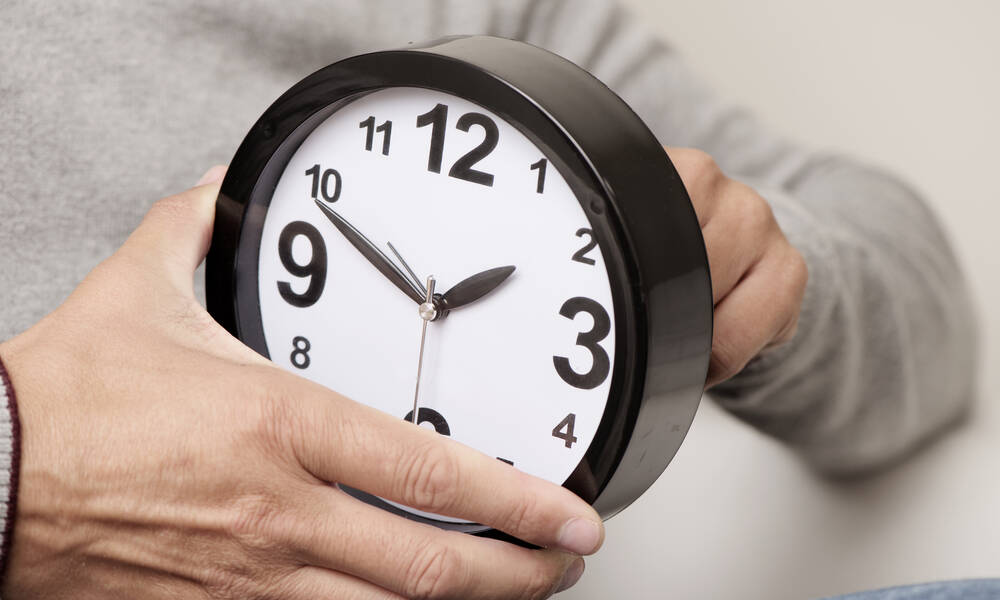
Daylight Saving Time Causes More Than Grogginess, Sleep Academy Says
The American Academy of Sleep Medicine is calling for an end to the annual practice of springing forward with daylight saving time in favor of a permanent, year-round standard time.
Every year Americans experience the familiar feeling of fatigue brought on by daylight saving time. Now sleep experts at the American Academy of Sleep Medicine are cautioning that drowsiness is only the tip of the iceberg. Daylight saving time could also be a threat to public health and safety.
“There is ample evidence of the negative, short-term consequences of the annual change to daylight saving time in the spring,” said AASM President Kannan Ramar, M.D., in a press release.
AASM outlines the repercussions of daylight saving time in a recently released position statement published in the academy’s Journal of Clinical Sleep Medicine, which cites an expansive body of evidence indicating increased risks of motor vehicle accidents, cardiovascular events, and mood disturbances in the wake of the annual springtime switch. AASM is advocating for an end to the decades-long practice in favor of a fixed, national, year-round standard time.
“Permanent, year-round standard time is the best choice to most closely match our circadian sleep-wake cycle,” said M. Adeel Rishi, M.D., vice chair of AASM’s Public Safety Committee. “Daylight saving time results in more darkness in the morning and more light in the evening, disrupting the body’s natural rhythm.”
In addition to the increased risks of stroke and heightened production of inflammatory markers outlined in the position statement, AASM cites studies showing traffic fatalities have increased as much as 6 percent in the first few days following the change to daylight saving time. And a recent research abstract describing the effects of sleep deprivation on healthcare workers noted an 18 percent increase in the potential for medical errors occurring the week after the switch.
AASM’s statement has received support from several other organizations, including the National Parent Teacher Association, the National Safety Council, and the American Academy of Cardiovascular Sleep Medicine.
In July, an AASM survey of more than 2,000 U.S. adults found that 63 percent support the elimination of seasonal time changes, and only 11 percent oppose it. Additionally, a 2019 AASM survey found that 55 percent of adults feel extremely or somewhat tired after the spring change to daylight saving time.
The switch to a permanent standard time that is better in sync with human circadian biology “has the potential to produce beneficial effects for public health and safety,” AASM said in its statement.
(nito100/iStock/Getty Images Plus)






Comments